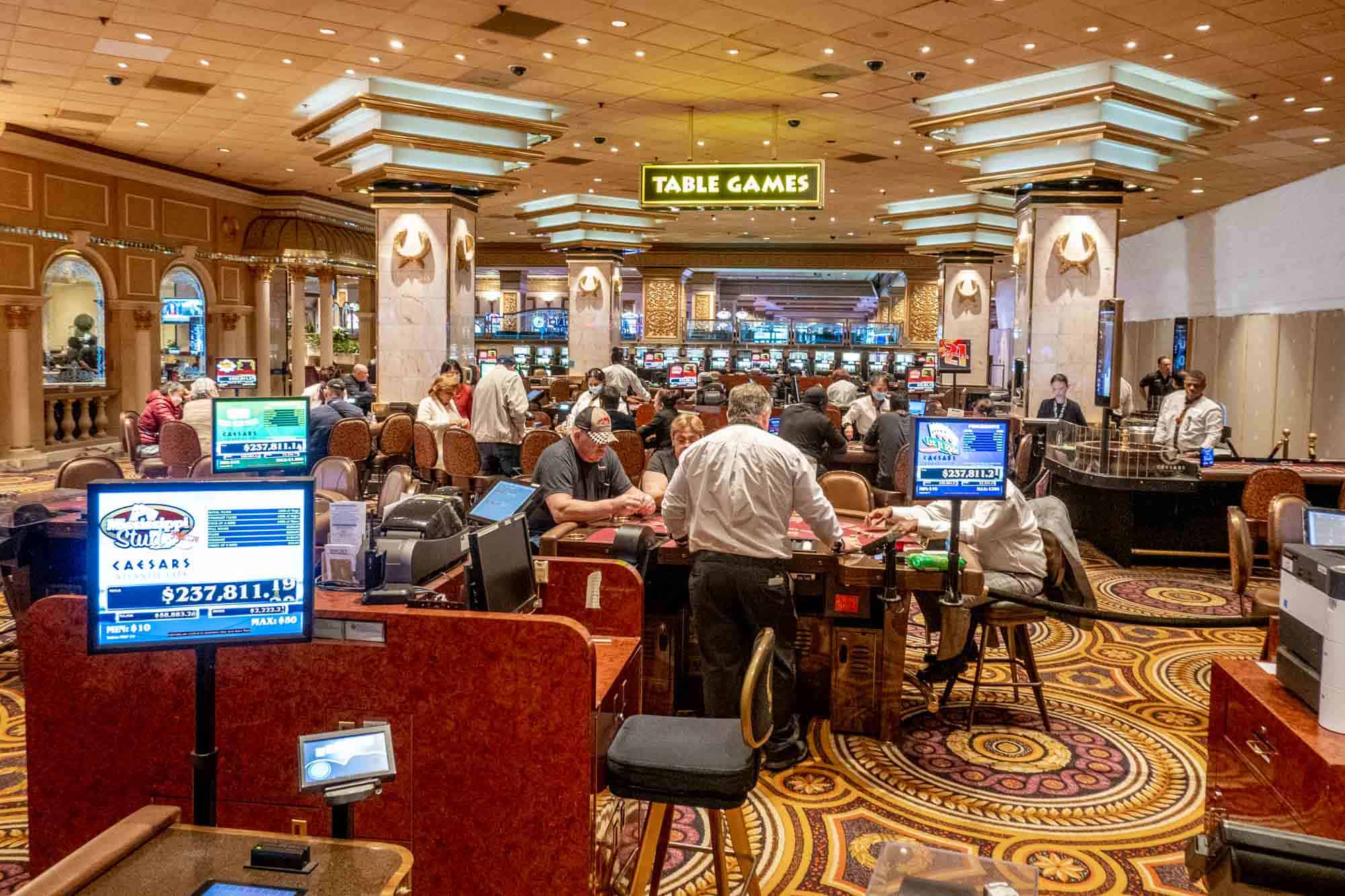
Gambling in casinos has long been a subject of fascination and controversy, attracting millions of players globally. With a mix of chance, strategy, and the excitement of uncertainty, casino games offer an exhilarating escape from everyday life. However, as entertainment becomes ever more accessible, it invites a more thorough examination of the morality surrounding these games.
At the heart of the discussion lies the question of whether casinos promote safe gambling or take advantage of at-risk individuals. The allure of potential winnings versus the reality of losses can create a challenging situation, and understanding this balance is essential for both players and operators. As we delve into the ethics of casino gaming, we will explore the duties of casinos, the effects on society, and the measures that can be taken to foster a better gaming environment.
The Impact of Casino Gaming on Society
Gambling in casinos has a considerable influence on societal dynamics, affecting not only the financial landscape but also social behaviors and local frameworks. The funds generated from casinos can lead to employment opportunities and boost regional economies, as they provide various employment opportunities in different sectors including hospitality, entertainment, and retail. However, while the financial benefits can be significant, communities often struggle with the possible negative impacts that arise from higher gambling activity.
Additionally, the presence of casinos can lead to an increase in gambling addiction, presenting significant challenges for players and families. The thrill of casino games can quickly transform into a habitual habit, affecting connections with others and leading to monetary issues. Many individuals may find it difficult with the loss of control over their gambling habits, resulting in a need for assistance programs and interventions to address this growing issue. The social cost of gambling addiction can extend through families and neighborhoods, creating an urgent need for sensible gambling approaches.
In addition to the economic and social consequences, casino gaming often showcases cultural attitudes towards uncertainty and leisure. It can foster a sense of joy and leisure, attracting tourists and boosting local travel. However, this allure may also conceal the wider implications of gambling as a method of entertainment, raising ethical questions about its advertisement and accessibility. As communities weigh the benefits and drawbacks of casino gaming, the need for sensible approaches and regulation becomes increasingly critical in ensuring that the beneficial elements are enhanced while minimizing the potential harms.
Ethical Concerns in Betting Activities
The ethics of casino gaming often revolve around the potential for dependency and its effects on people and families. Betting can lead to significant financial distress, impacting not only the gamblers but also their families. As individuals become caught in the appeal of winning, many lose sight of their budget, which can result in catastrophic outcomes such as insolvency. This raises ethical questions about the responsibility of gambling establishments in fostering safe gambling habits and offering support for those who may be dealing with gambling addiction.
Another major concern is the advertising of gambling to vulnerable populations. Casinos often target low-income individuals or communities with the promise of quick rewards, which can perpetuate patterns of financial struggle and hopelessness. In this situation, the ethics of marketing strategies used by gambling establishments come under examination, as they may exploit the desperation of people seeking an way out from financial hardships. This exploitation raises ethical questions about the integrity of the betting industry and its responsibility to safeguard its most vulnerable customers.
Additionally, the effect of gambling operations on the community as a entirety cannot be ignored. While some argue that casinos create employment and boost local economies, others point to the social costs associated with dysfunctional gambling, increased criminal rates, and a burden on public resources. Balancing financial advantages with the potential for social harm presents a challenging moral dilemma for lawmakers and gambling operators alike. The challenge lies in finding a responsible approach that takes into account the welfare of people and communities while still allowing for the enjoyment of gambling gaming.
Regulation Structure and Responsibilities
The legal framework pertaining to gaming operations is designed to ensure equity, honesty, and participant security. Different government bodies and casino commissions establish and apply regulations that dictate how casino operations work, the guidelines for activity design, and the processes for processing rewards. These regulations vary by region but commonly involve permit requirements for operators and strict measures to prevent deception and scams. https://fabet.trading/
In furthermore to oversight bodies, gambling operators bear considerable responsibility in preserving ethical standards within their establishments. They must implement ethical gaming practices that encourage participant security and awareness, including offering self-exclusion options and providing information about the dangers connected to gambling. Operators are also responsible for training workers to identify signs of difficult betting and know the appropriate measures to assist visitors in need.
Furthermore, transparency in gambling operations is crucial for building and preserving public trust. Operators should provide clear information about the chances of operations, promotional offers, and any related hazards. By creating an environment of honesty and accountability, operators can help lessen the likelihood harmful impact of betting while enhancing the overall gambling experience for all participants.